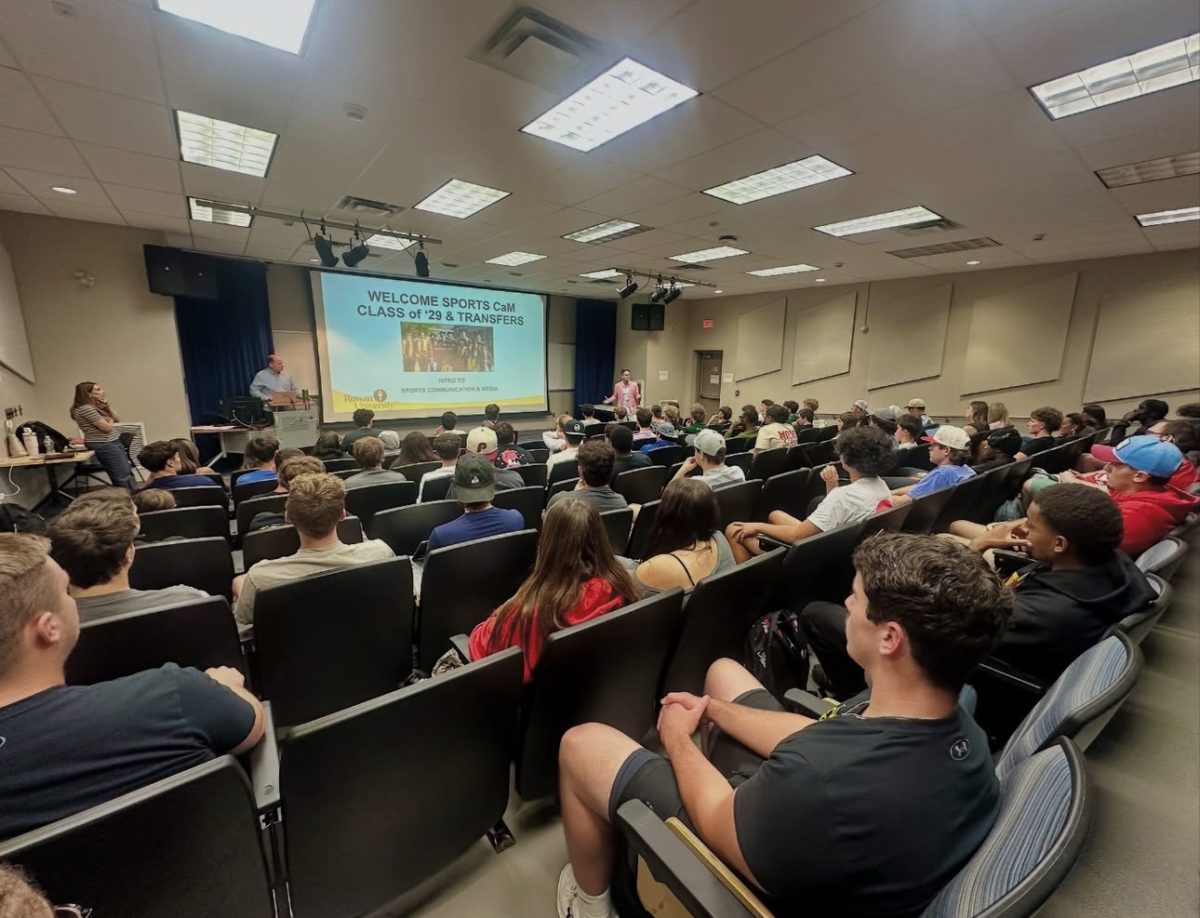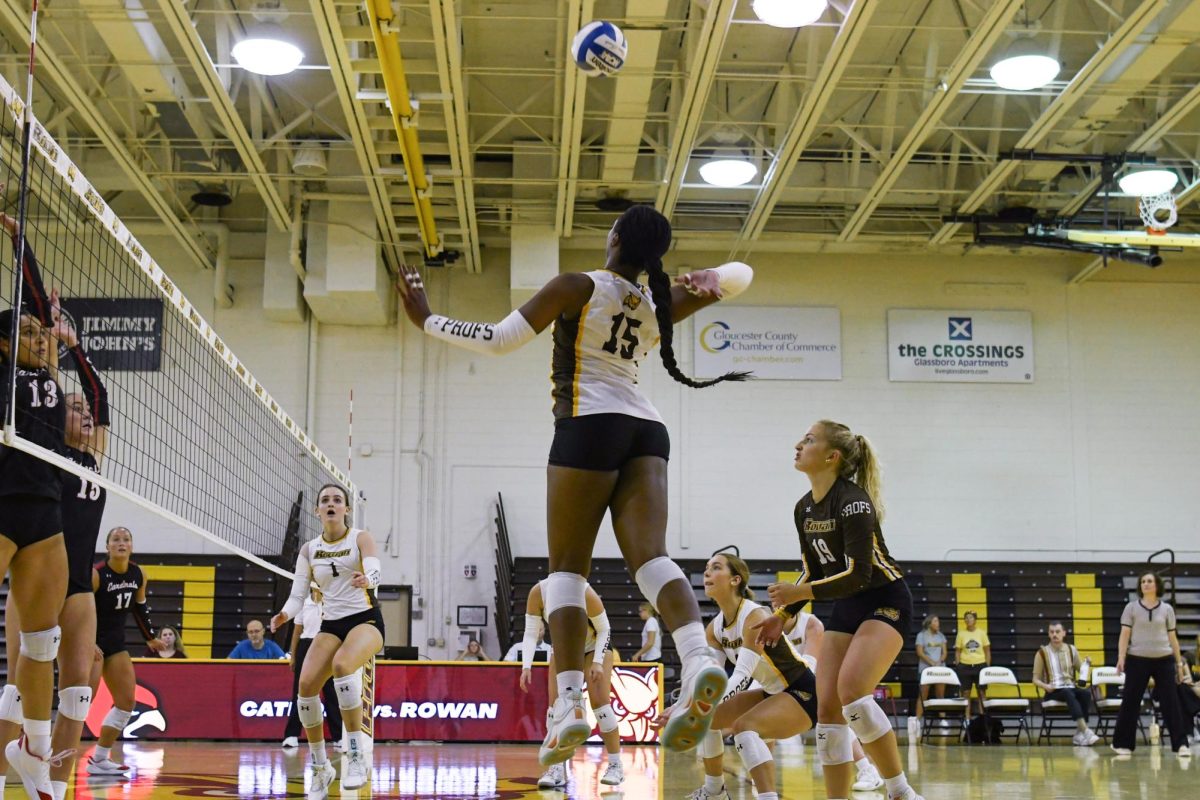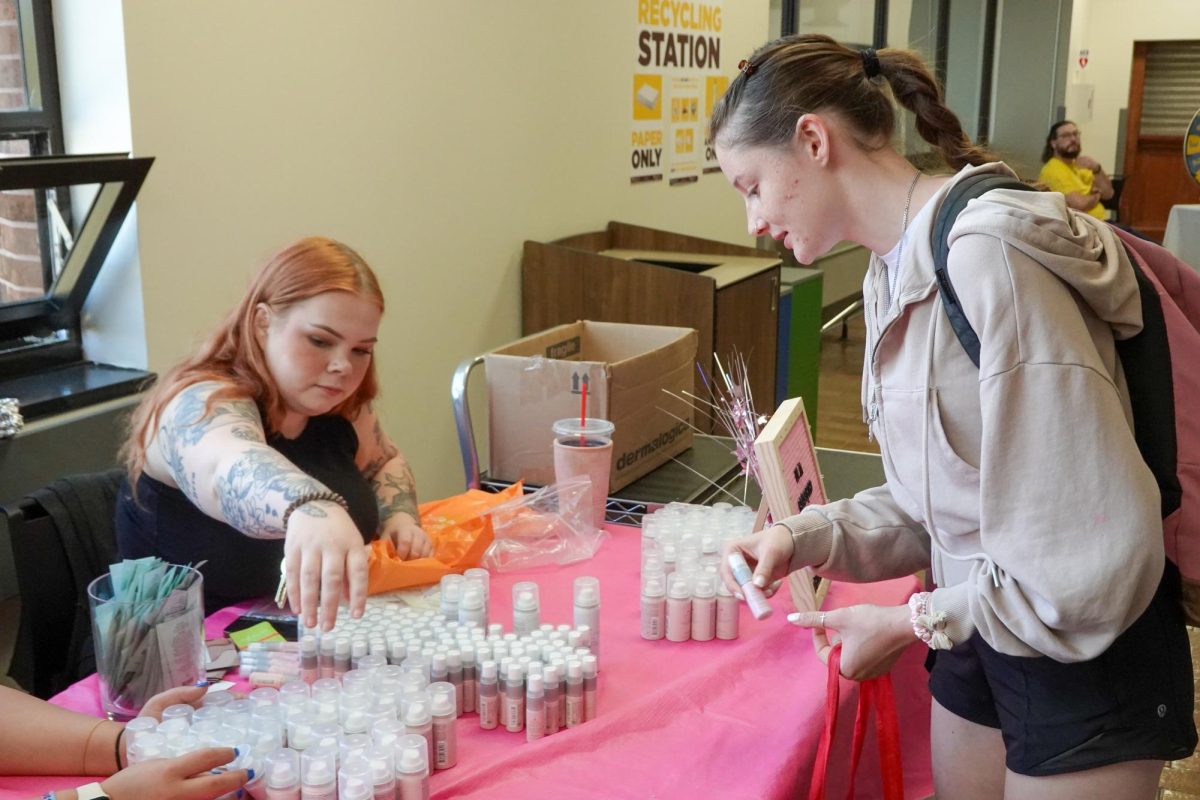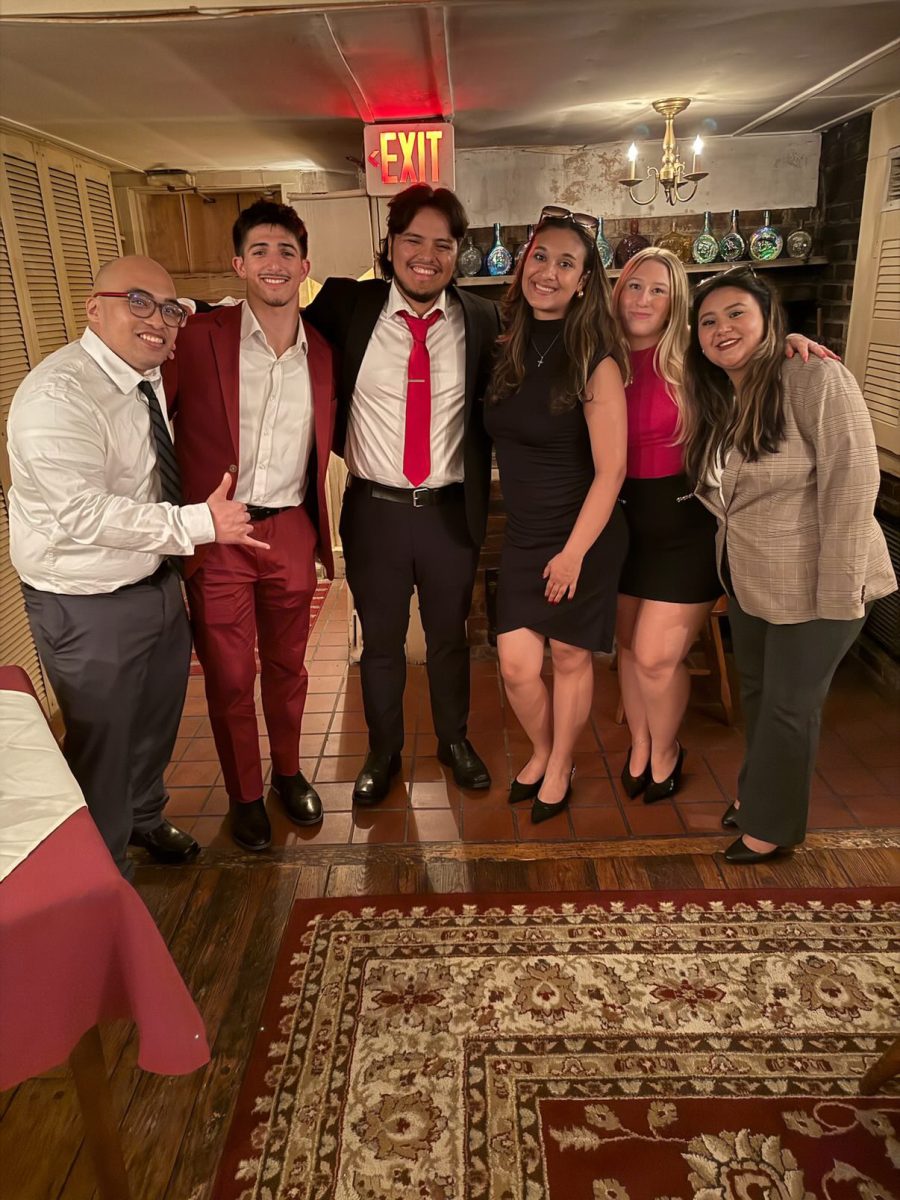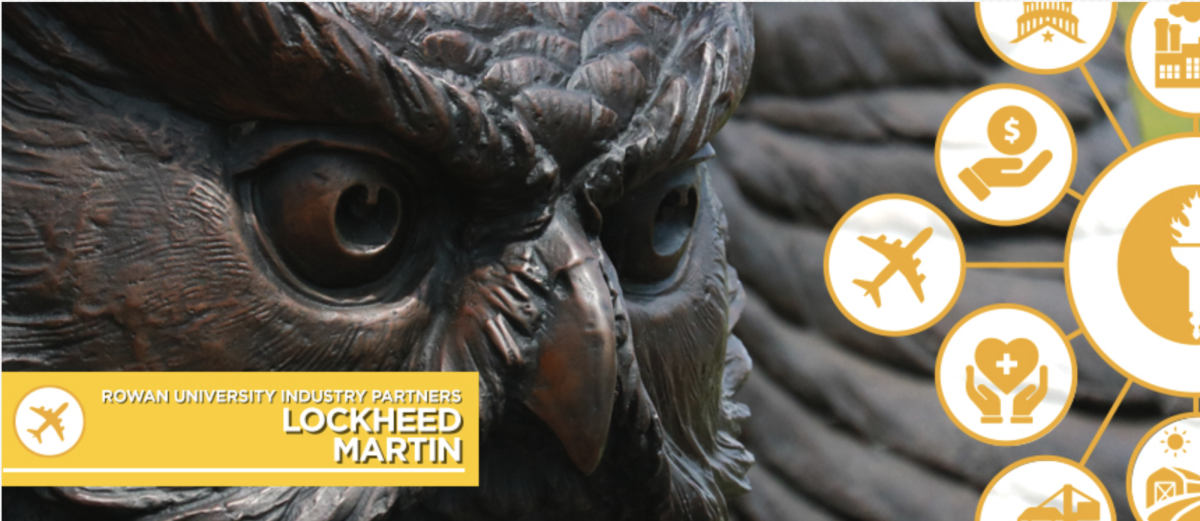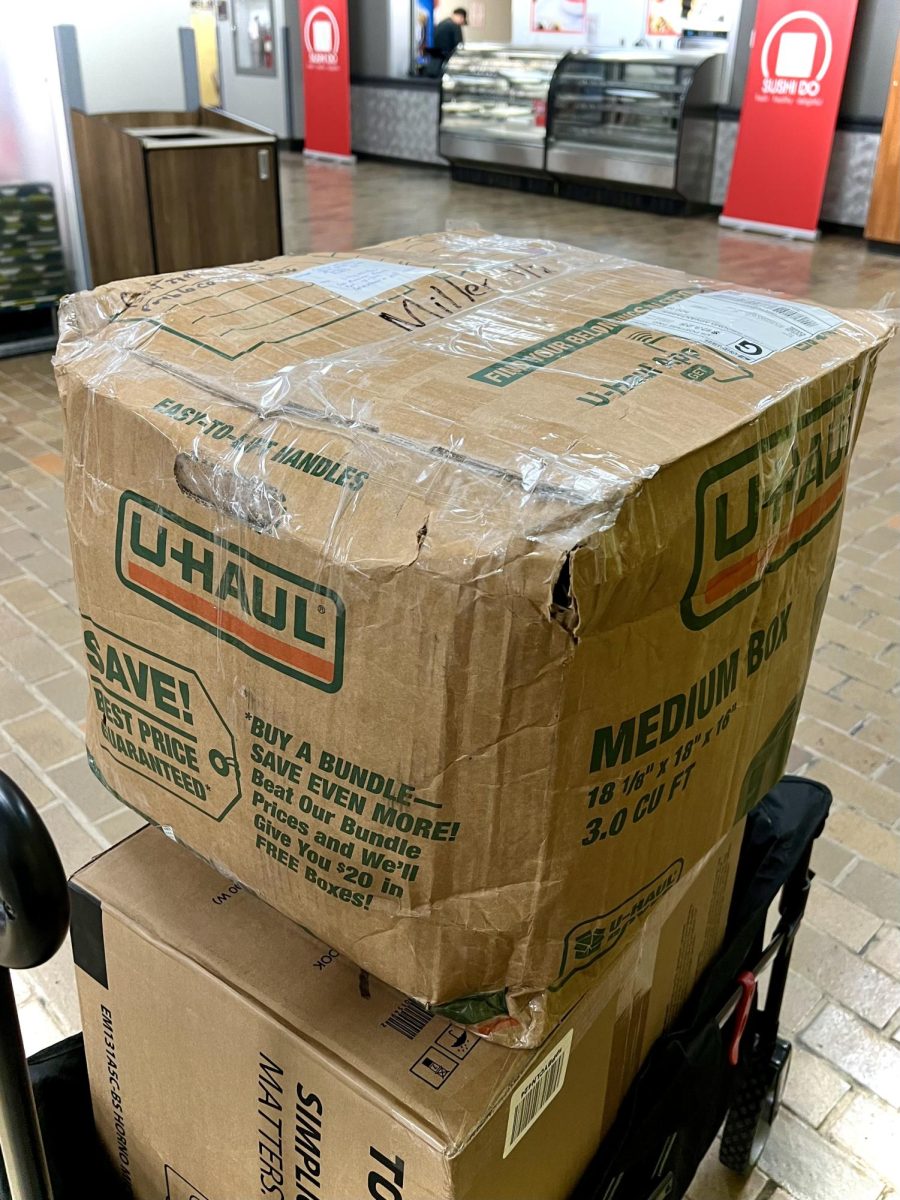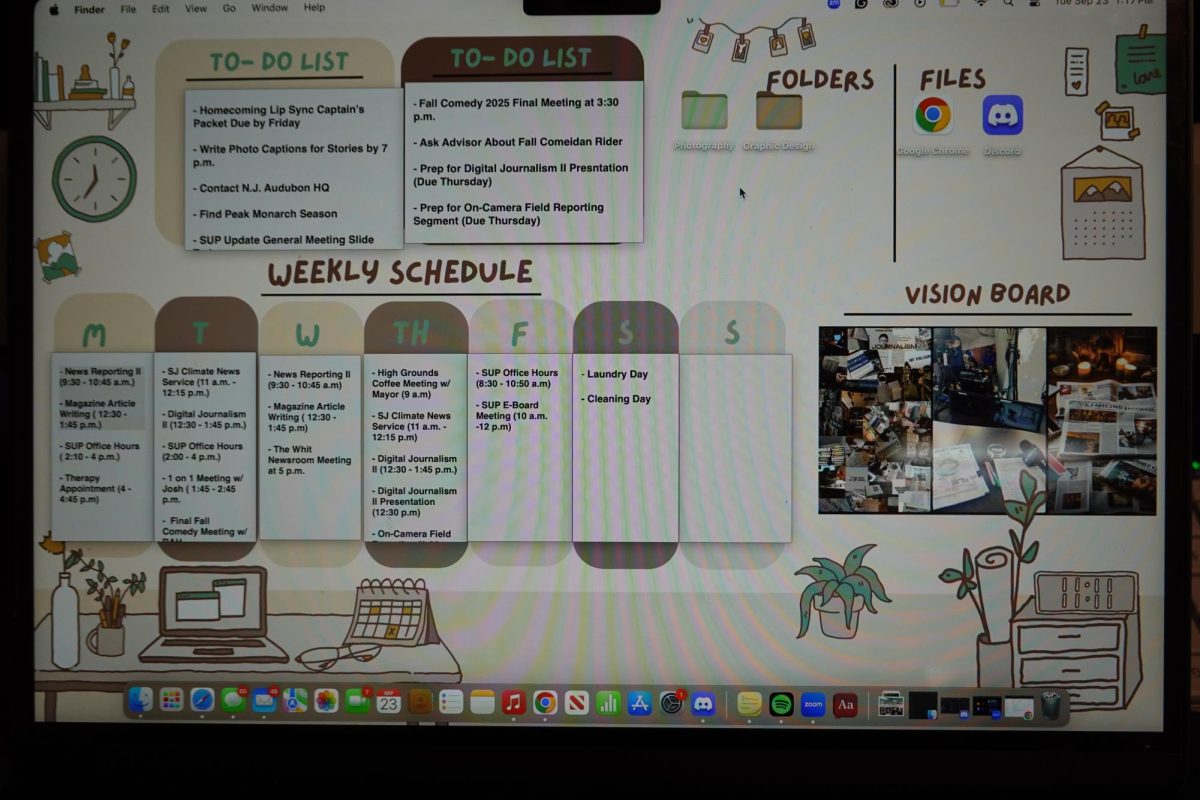The word “journalism” brings up different thoughts and feelings for everyone. If you were to ask a journalist, they would probably tell you how important journalism is to the very fabric that makes up our country. But if you ask others, they might say journalists aren’t to be trusted. Many are turning to “opinion leaders” for their source of news, or they’re passively consuming news on social media. But how can we trust what we are reading, and how can we become active consumers?
People of all ages are reporting a record low trust in media, with 6% saying they have no trust at all, and 33% saying they have very little trust.
With thought and opinion leaders rising up calling themselves journalists, many don’t even know what a journalist really is, or what even constitutes “news.” To better understand where we are in terms of media trust, we must first understand what a journalist is and why they are important to society.
A journalist is typically described as someone who writes or reports for a news outlet. But it goes deeper than this. Journalists adhere, typically, to something known as The Society of Professional Journalists Code of Ethics, which was first borrowed from the American Society of Newspaper Editors in 1926 and recently revised in 2014, according to SPJ.org.
The code of ethics is what journalists are taught in college, and something that most traditional journalists do their best to adhere to. It outlines principles like “minimizing harm” and “seeking truth and reporting it.” The lack of trust comes in when “journalists” fail to adhere to these ethical codes, which many in our modern society often do.
With the rise of social media, many are reading headlines on CNN or Fox and calling it a day, which is what we on The Whit Staff call “passive news consumption.” Typically, a headline, like the first sentence or paragraph in an article (the lede), is meant to draw a reader in to the story and read further. But people aren’t doing this. According to a survey done by Medium, “on average 70–80% of people only read the headlines and only 20% of people read beyond.”
The importance of journalism goes back to the very foundation of America, when settlers sought to hold the government accountable. Journalism is often referred to as “the fourth branch of government” for this very reason. We are meant to hold the other three branches to account. But in a society where political figures are often the opinion leaders people get their news from, and certain news outlets have become more biased than ever, this defeats the purpose entirely.
This does not mean that true journalism is dead. Many media outlets seek to report as objectively as possible. AllSides is a media outlet that lists articles from all news sources and shows a rating scale of bias towards right and left-wing thinking, and everything in between. According to their website, AllSides takes into account both experts and regular citizens who fall into all different political categories to determine this scale.
Now, more than ever, it is important that as consumers of news, we check our own biases and be careful what we read. This is a battle that journalists are fighting, but it is also a battle for readers. The battle we are fighting together is the battle for truth.
The Whit Staff would like to offer a checklist for safer and more responsible news consumption.
- Read the full article. Turn your passive consumption into active consumption by reading the entire article. Many are a short 2-3 minute read. Arm yourself with the context.
- Don’t take one source at its word. Read the article from your favorite news source, and then read another on the same topic. Arm yourself with as much information as possible.
- Check the linked sources in an article. Is the news outlet you’re reading constantly linking back to its own website, and never using any other sources? Is the article linking to unreliable sources? Arm yourself with solid sources.
- Fact-check your opinion leaders. There’s nothing wrong with your favorite podcaster or TikToker. Sometimes, getting a concise synopsis of the news is helpful, so long as the sources check out. Many will even link to where they got their information from. Check it yourself, don’t rely on others. Arm yourself with personal responsibility.
- Make sure all voices are heard. The code of ethics states to“Boldly tell the story of the diversity and magnitude of the human experience. Seek sources whose voices we seldom hear.” Make sure that the article you are reading covers all sides and voices. Arm yourself with thoroughness and fairness.
Lastly, the Whit Staff would also ask of you one more thing: Fact-check us. We, like any other human-led news outlet, will make mistakes. Hold us accountable just like you would any other news outlet, and check our sources as well. If there is a voice that needs to be heard, check out the tip line on our website.
Be active, be thorough, and be in the know.




